Portland is making international news again – this time for our abundance of music festivals – and we’re happy to report the Rolling Stone France article, October edition, gave PRP a mention.
In town for Pickathon, the pride and joy of Oregon music festivals, journalist Xavier Bonnet reached out to Portland Radio Project for insight into our local music scene. He spoke to Rebecca Webb and Asia Wagner who shared their thoughts about the PDX music community, and highlighted a few emerging local artists.
The translation is provided below and if you are well versed in French, you can read the original article here.
The Mix All-round
The metropolis of Oregon claims its diversity, far from the indie-rock hits that made its reputation.
By XAVIER BONNET
JUST LIKE ANY SELF-RESPECTING METROPOLIS, American or not, Portland is generous in terms of summer musical festivals, themed or not. The Oregon Zoo Summer Concerts, one of the oldest events of its kind in the city’s zoo, causes the elephants to see the tranquility of their paddock disrupted, by a horde of young humanoids landing with beach towels, plaids and beach chairs, coming to agglutinate on the floor of the amphitheater to enjoy a truly vintage program (Lucinda Williams, Chicago, Broken Social Scene, Michael McDonald, B52’s, Clinton George, Steve Earle, Lee Amos, Death Cab For Cutie …).
Yet another festival, half an hour from the center, is the pride of all that can be counted in the musical and cultural microcosm in the city for 21 years: Pickathon. Installed every August in Happy Valley, on the field of Pendarvis Farm, the festival sums up pretty well the state of mind that drives everyone in and around the capital of Oregon: relationship to nature and environmental awareness and symbol of the DIY system, which animate all cultural trades, far beyond only musicians. “We would not exist without real support at all levels of the community,” insists, without being pushed, Terry Groves, musical programmer of the festival, and this while it is rarely more than ten or twelve local artists – out of 65 – that make up the line- up. The latter nevertheless reflects the taste for diversity that appeals to everyone on the spot. Folk, pop, indie-rock, electro, punk, psych-rock, hip-hop, jazz: all styles have their place in Pickathon, far from the “roots music” spirit that prevailed in its early days, even though two of the top names this year (Phil Lesh, the former bass player of Grateful Dead, and Nathaniel Rateliff & the Night Sweats) were a direct link to his past. “In a way, it’s a state of mind, a global experience, that we come here to look for,” continues Groves. “We come as much for the music as to spend a moment with family, faithful or curious.”
Its natural friendliness also makes Pickathon the ideal place for “reunion” of the various local actors of the music. “Portland is a very incestuous city in the field of music entertainment,” says Frank Rinaldi, director of marketing at True West, one of the leading promoters of independent concerts in the city. Practically everyone has worked with each other at some point. A true causal link or not, he sees in it one of the reasons why nobody tries to walk on the head of his neighbor and that, on the contrary, a real system of mutual aid has developed between the different clubs (Doug Fir, Mississippi Studios) and halls (Aladdin, Crystal Ballroom, Revolution Hall, Roseland …) “This close collaboration is the best guarantee of our independence,” continues our interlocutor, “beyond the fact that local groups and artists are the primary beneficiaries.”
An explanation for this desire to show solidarity, to “share” musicians, to willingly attend each others’ concerts, to promote other groups as soon as the opportunity arises, to the point of defining this ecosystem? If Rebecca Webb, the founder of the Portland Radio Project, which boasts playing at least one local artist every 15 minutes in the programming of the non-profit
station, sees a direct link to the progressive roots of the city and the state since the 1970s. The editor of the quarterly cultural magazine Vortex sees it almost as an act of resistance: “It’s, so to speak, rooted in the genes here in Portland, to want to prioritize, defend and prioritize what’s local, to want to know where things come from and how they’re done,” smiled Chris Young. “So of course, the city changes, the cost of living goes up, but I remain convinced that we are here in a particular situation where the music community can dictate how it wants the city to change or how much. We have examples of San Francisco and Seattle that have become overpriced and scared off artists, we have seen what have become of other cities with strong musical identities like Austin, Nashville or New Orleans, we have a clearer idea of Portland’s future.”
Anyway, the “pool” is there, “exceptional liveliness for two or three years, and in all styles, so much so that talk about genres makes less and less sense as there are exchanges between the different musicians,” according to Asia Wagner, one of the programmers at Portland Radio Project. Gone are the days when the city was “stamped” indie-rock because the artists that emerged were called Dandy Warhols, Sleater-Kinney, Decemberists, Elliott Smith, Everclear or The Shins, to name a few … When John, the main voice and bassist of the first city, sees in it the additional affirmation of a commitment that goes beyond the strict framework of music to encompass more involvement in the defense of this or that cause, his drummer Jason Sechrist is more pragmatic: “Portland is one of the few cities in the United States where a lot of houses or apartments have cellars where you can play.” For her part, Laura Veirs, who viewed Pickathon as a break from the production of her next and twelfth album, prefers to see a result of the upheaval caused by the Internet and streaming: “If both had an influence on how to make a living for an artist, they were able to find a new freedom. It does not solve everything and it’s not a coincidence that most of the musicians here have a side job to make ends meet, even if it poses other problems if you have to go on tour … Personally, I am lucky not to have to go through it, to be able to manage my own structure and to take advantage of a producer husband (Tucker Martine, NDLR) for not having to pay the hours of recording studio (laughs)! “
- Portland Radio Project in Willamette Week’s Give Guide - December 18, 2021
- Drop-In Session with Night Heron - June 13, 2021
- Drop-In Session with Joe Kye - May 24, 2021


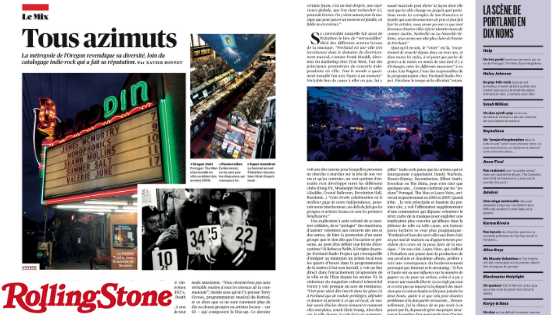
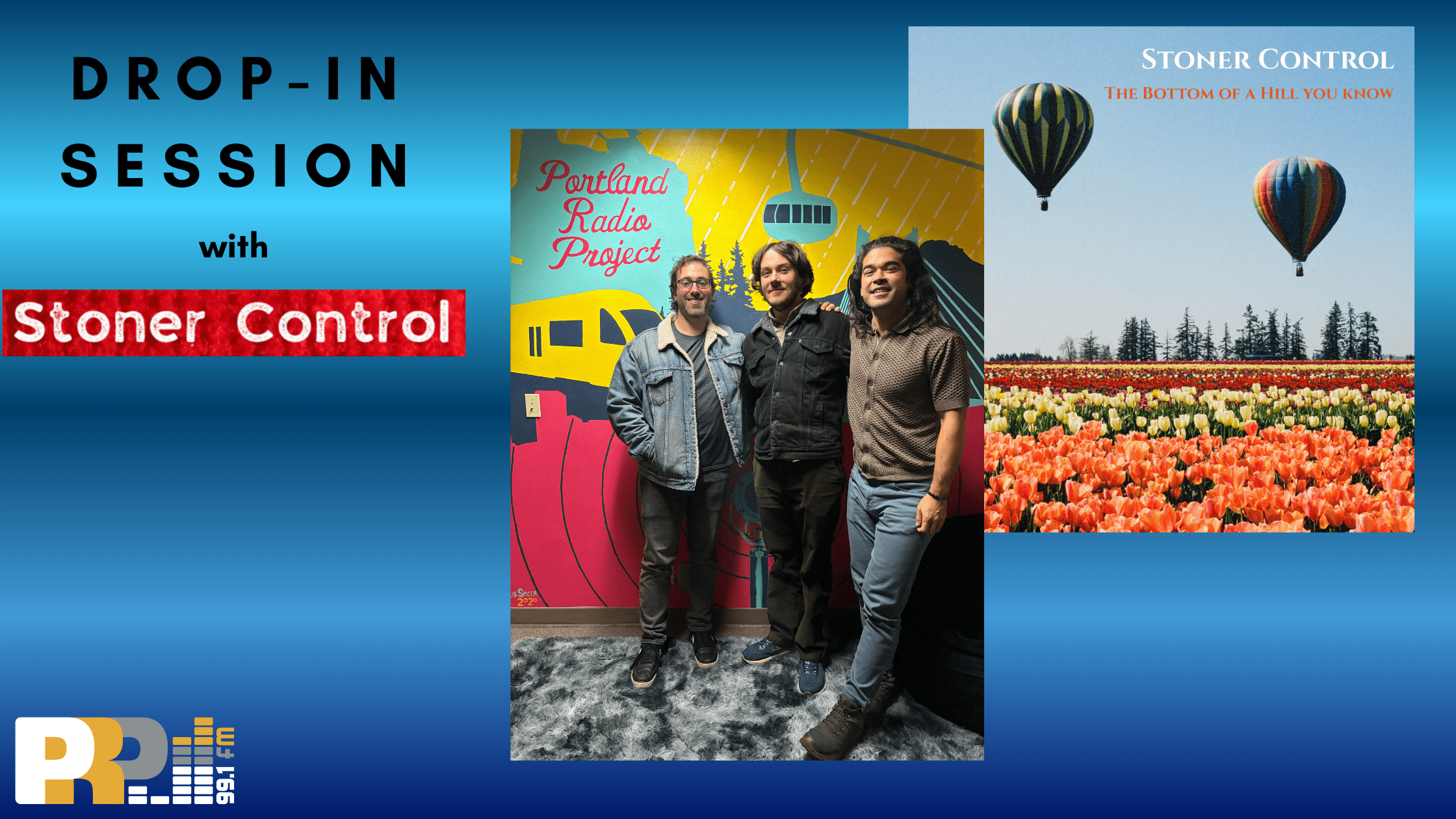
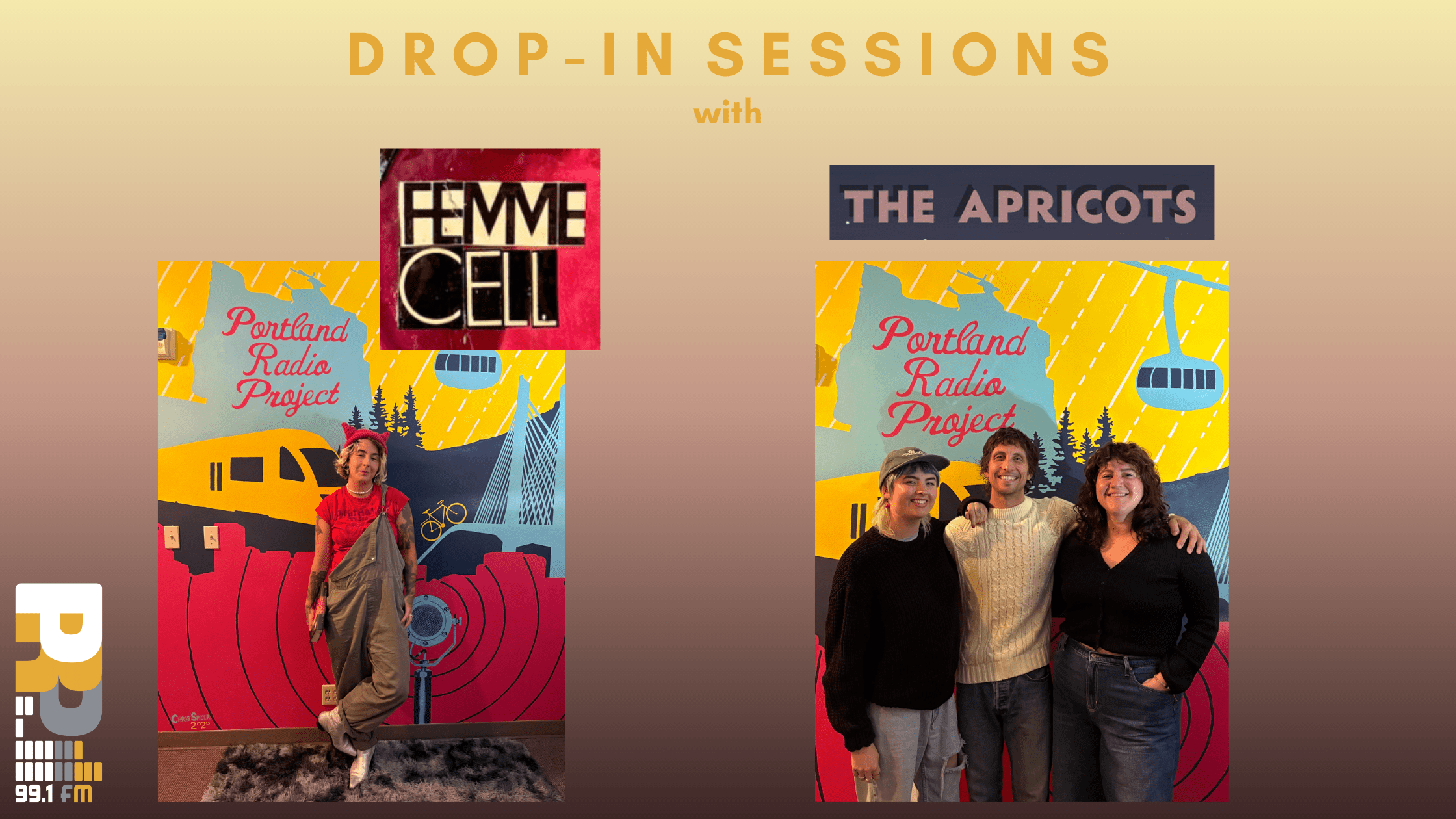
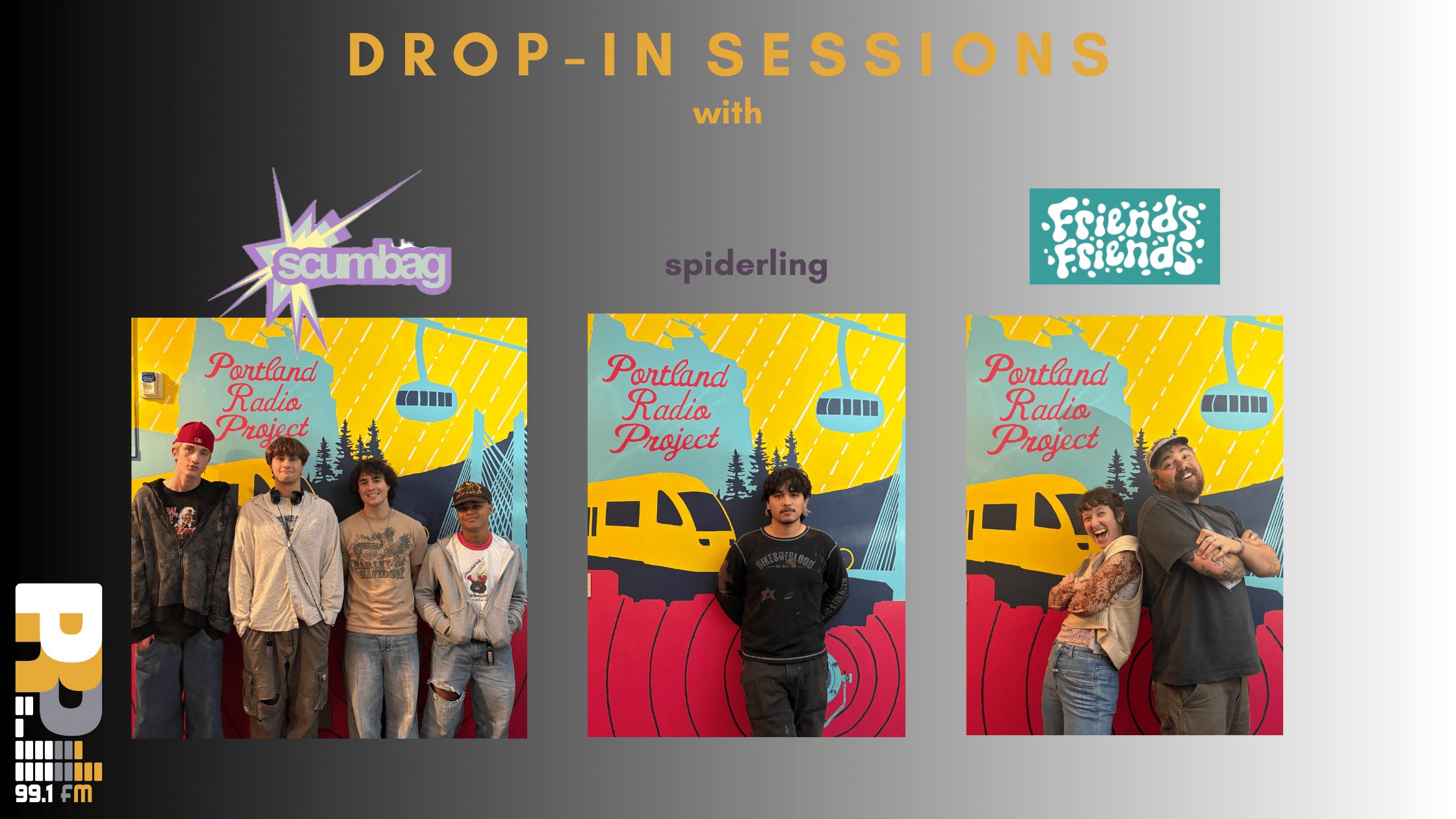
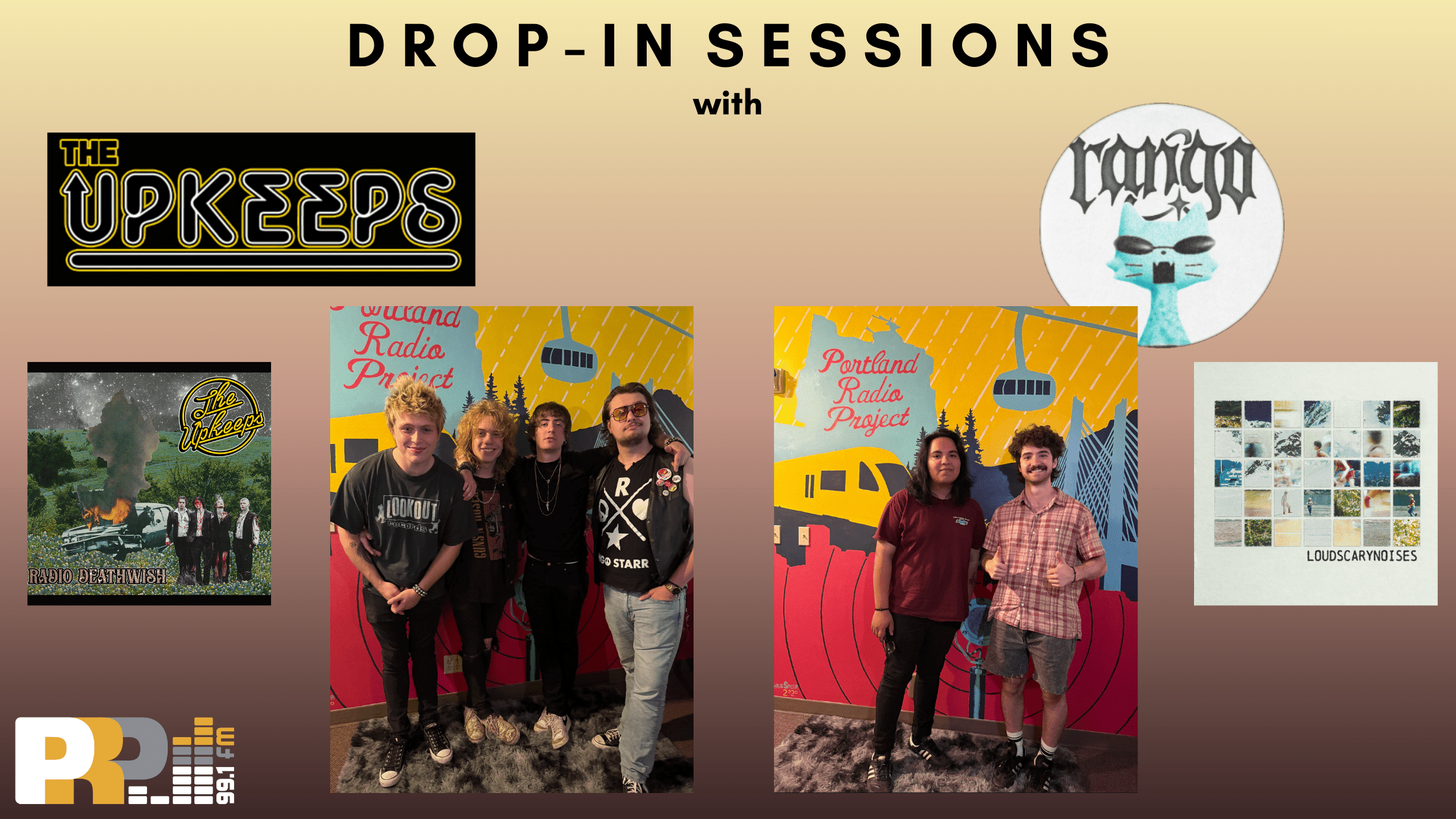
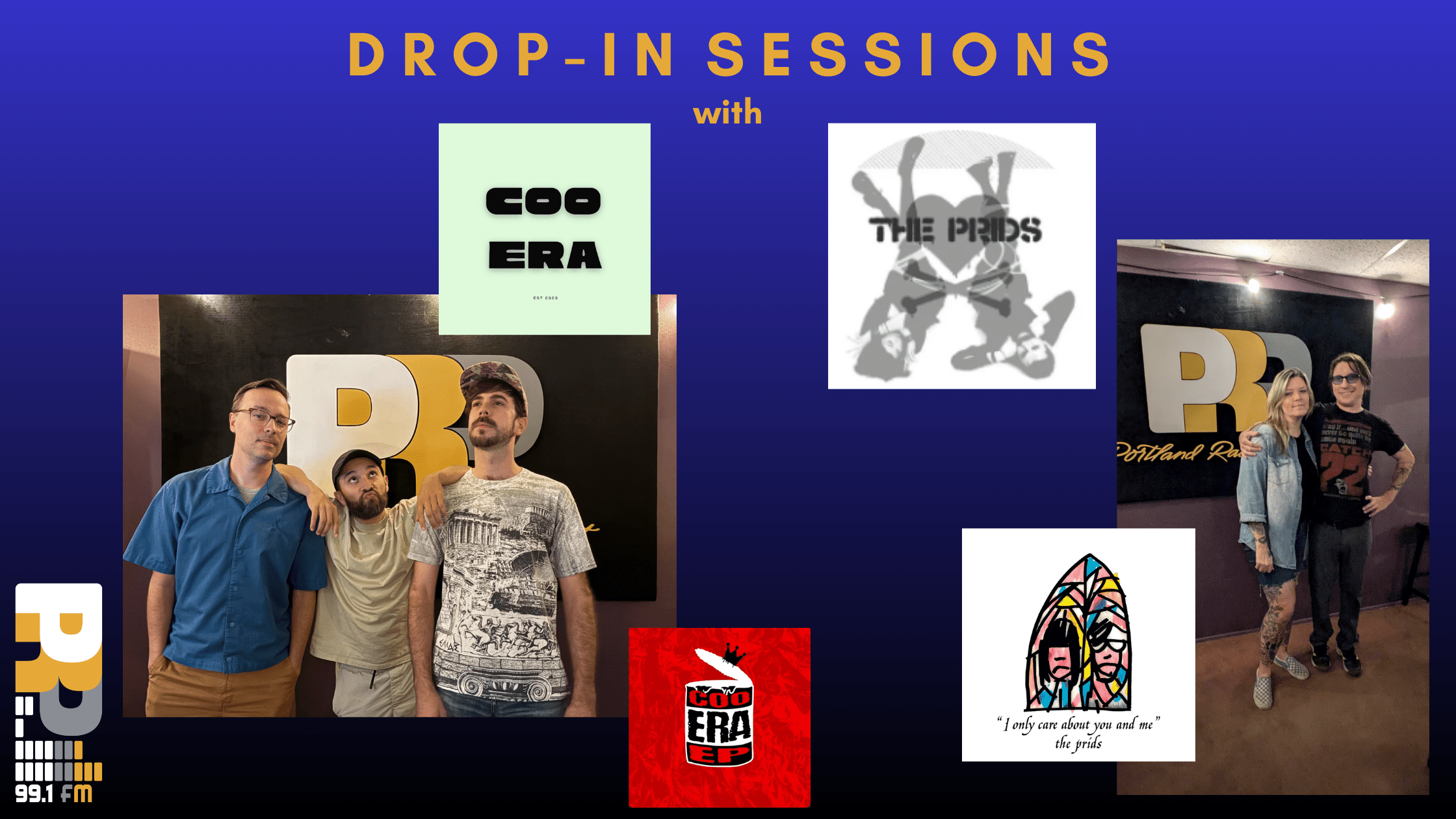
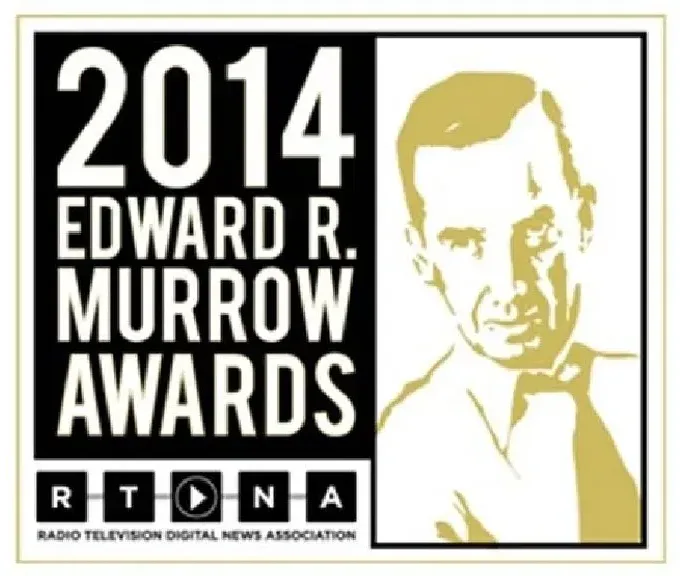
Leave A Comment